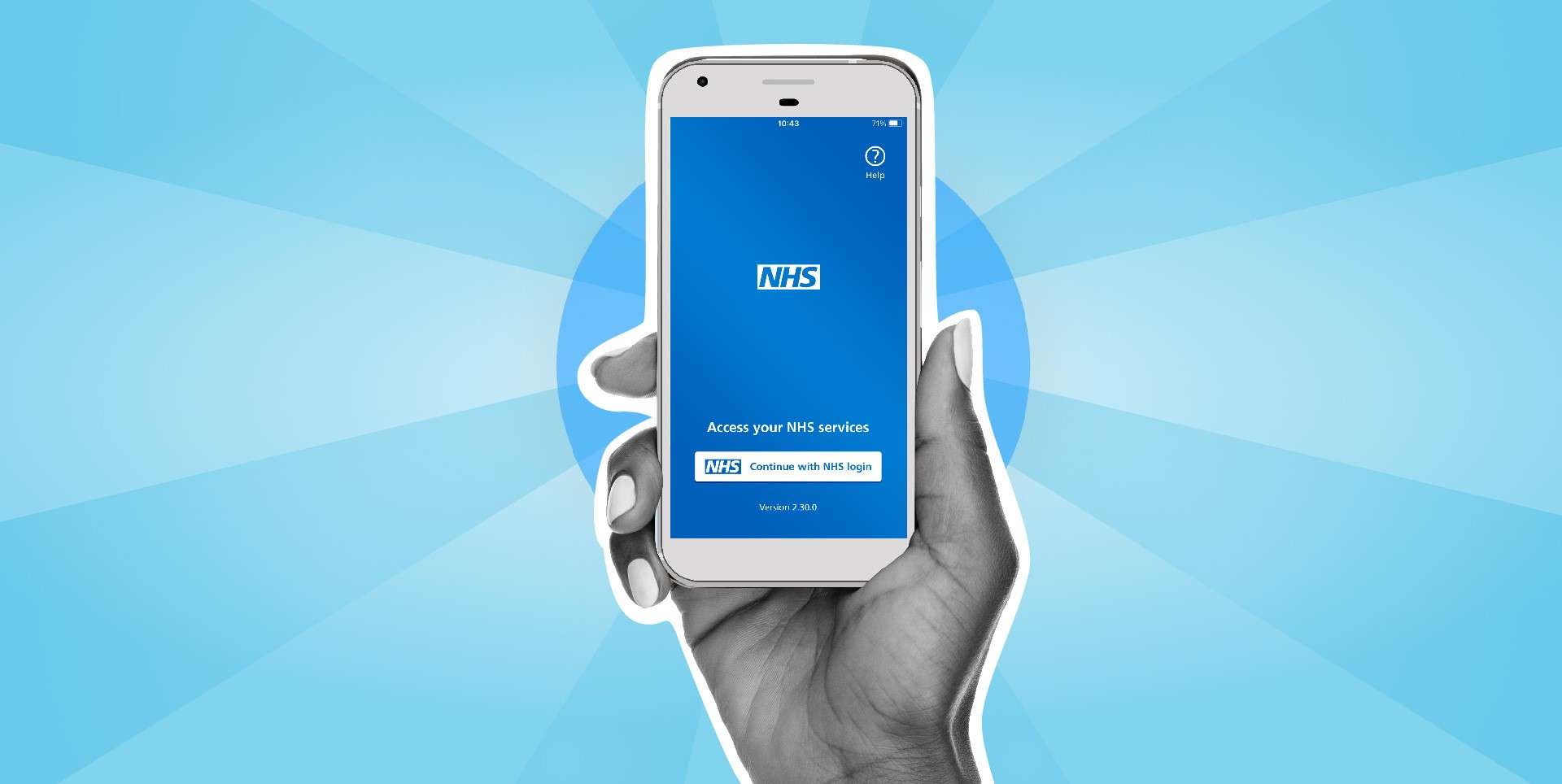Cabinet Office seeks supplier to support creation of website and helpline
Credit: Benson Kua/CC BY-SA 2.0
The Cabinet Office has outlined plans set up new digital support services to help victims of conversion therapy ahead of a legal ban on practices that attempt to change or suppress people’s sexual orientation or gender identity.
The department looking for a supplier to operate a website and helpline that will be known as the Conversion Therapy Victim Support Service. The government’s Equality Hub, which is part of the Cabinet Office, aims to have the service up and running by mid-July at the latest.
Women and equalities minister Liz Truss – who holds the role in addition to her main job as foreign secretary – last year drew criticism from the government’s former LGBT+ advisory panel, who said they were “increasingly sidelined” after Truss took on the equalities brief in 2019. Ministerial attitudes to conversion therapy were among their concerns.
Truss confirmed in May last year that the government would legislate to ban conversion therapy, which she described as “coercive and abhorrent”. She also pledged new funding “to ensure that victims have better access to the support they need”.
Procurement documents value the victim-support contract at £360,000 and indicate it will run for two years from the end of next month, with the option of a further 12-month extension.
The documents said the service would direct clients to existing support and provide information and direct help to the vulnerable. It is also expected to provide support to professionals who are concerned about cases of conversion therapy they have encountered and who need advice on what action to take.
The Equality Hub expects the new service will deal with between 10,000 and 15,000 individuals a year, but stresses the figure relates to service users rather than call numbers.
The Cabinet Office said prospective providers of the service would need to demonstrate experience of running phone and web-based support services.
It said development work on the service would come in two phases, the first of which would operate “up to and beyond the passing of legislation banning the practice [of] conversion therapy”. A second phase will “align the service to the new legislative framework that the ban will establish”. The contract being advertised at the moment only deals with the first phase.
Figures in the procurement documents said that of 108,000 respondents to the 2017 National LGBT Survey, 2% said they had undergone conversion therapy and a further 5% said that they had been offered it.
Of those respondents who said they had undergone conversion therapy, 51% said it had been conducted by faith groups and 19% said it had been conducted by healthcare professionals.




